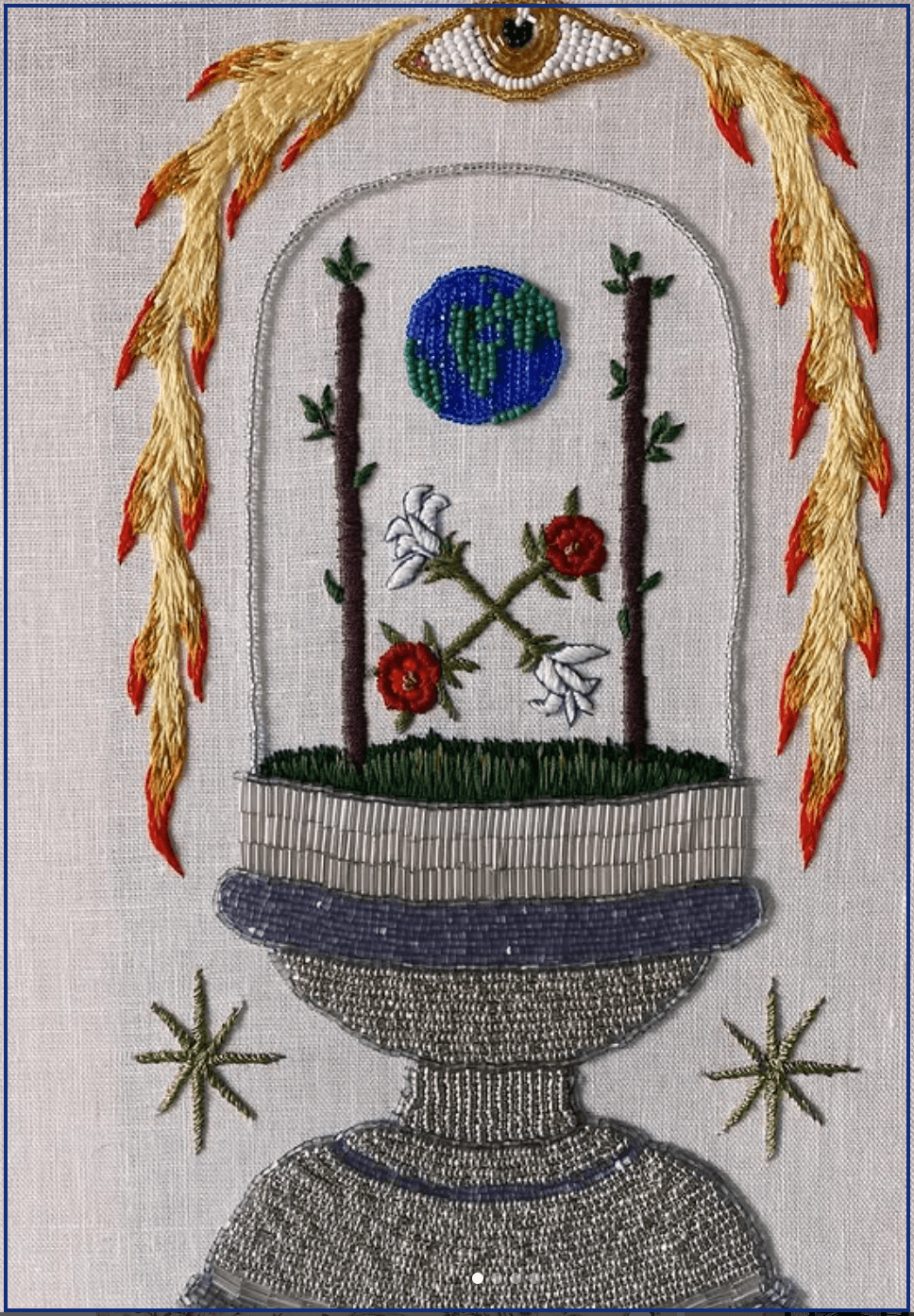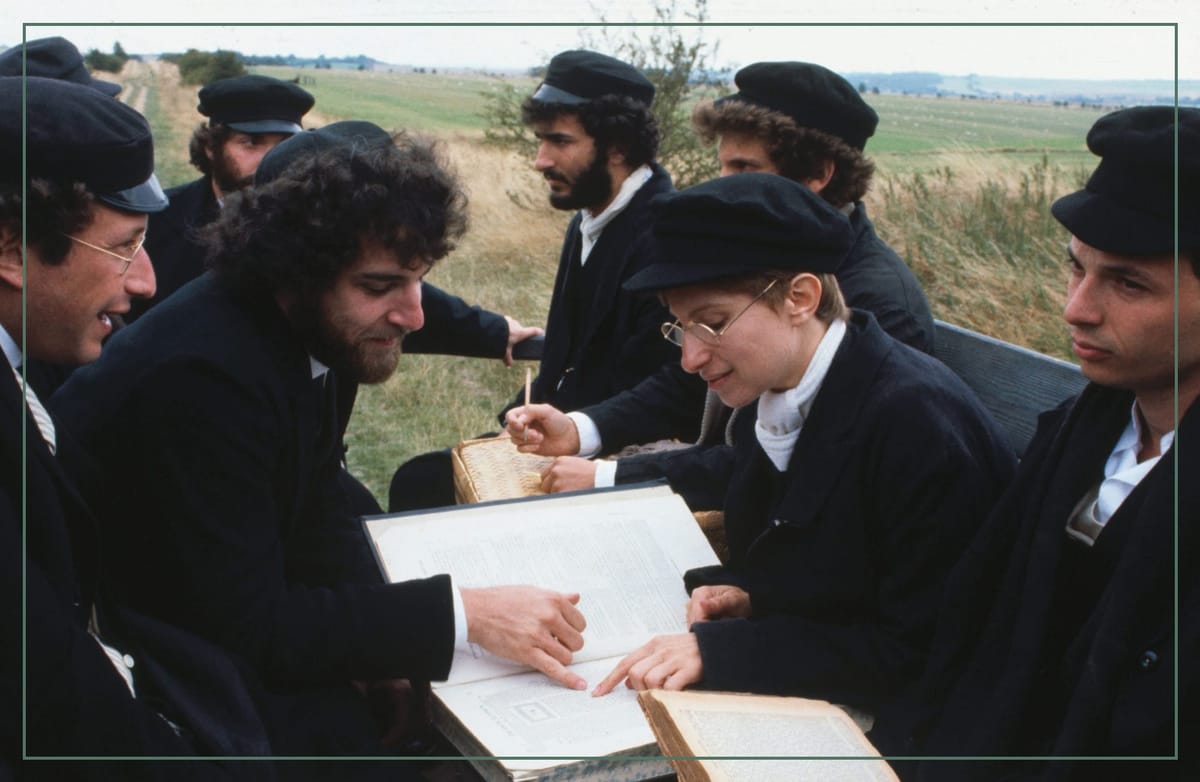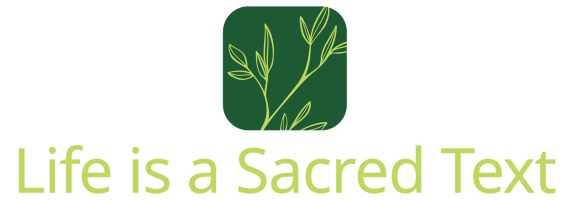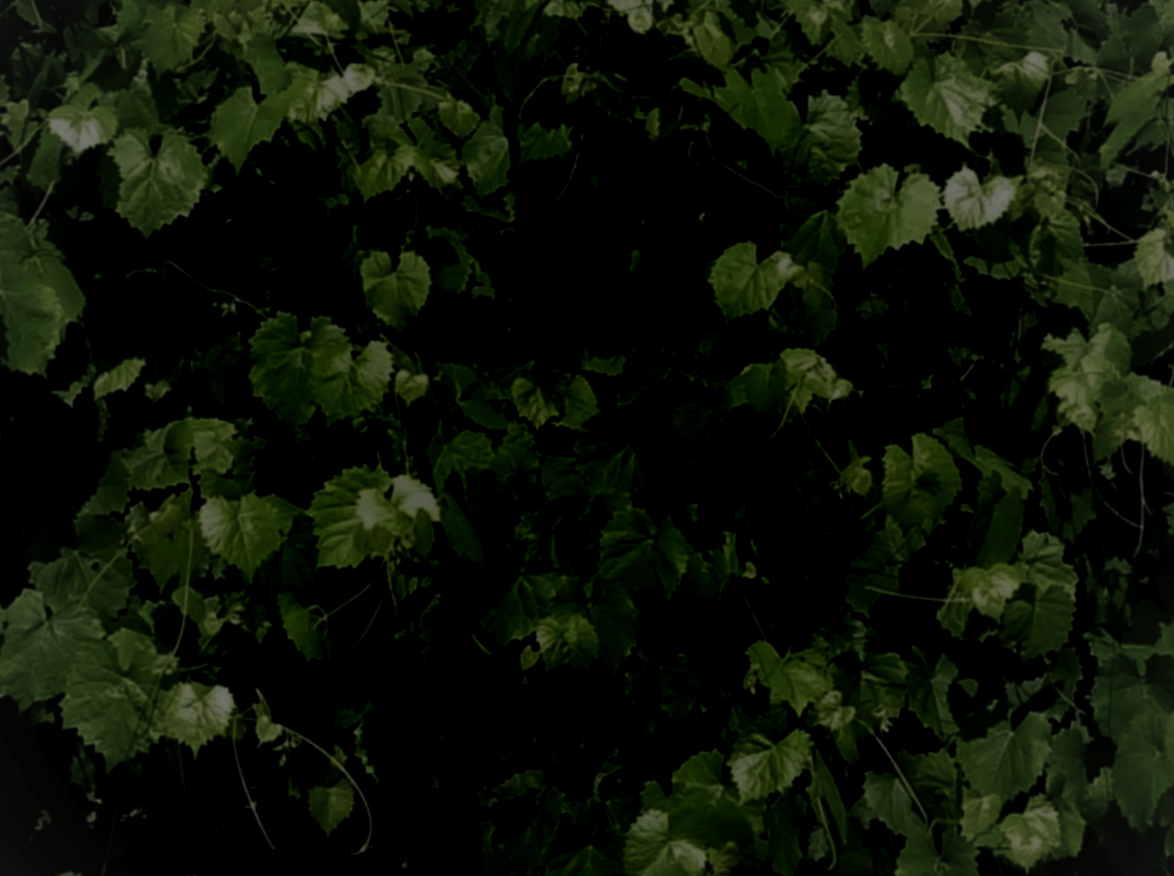textual activism and the ancestral toolbox
the story of the rebellious child shows us how we can face painful texts, our own problems, and the challenges beyond

This is Life as a Sacred Text 🌱, an everybody-celebrating, justice-centered voyage into ancient stories that can illuminate our own lives. It‘s run on a nonprofit, so it’s 100% NAZI FREE. More about the project here, and to subscribe, go here:
Remember how we were making our way through Deuteronomy??
Time to get back on it!
Today we're going to look at a famous case of Rabbinic activism, and consider not only what it can teach us not only about the art of textual interpretation, but what our interpretive choices show us about ourselves in a world of both theoretical and actual harm.
As we so often do, let's start with the Torah, which has some very, uh, strong advice on raising mouthy teenagers:
If a man has a stubborn and rebellious son, who will not obey the voice of his father, or the voice of his mother, and who, when they have chastened him, will not listen to them; Then shall his father and his mother lay hold of him, and bring him out to the elders of his city, and to the gate of his place; And they shall say to the elders of his city, This our son is stubborn and rebellious, he will not obey our voice; he is a glutton, and a drunkard. And all the men of his city shall stone him with stones, that he die; so shall you put evil away from among you; and all [the people of] Israel shall hear, and fear. (Deuteronomy 21:18-21)
Who says screen time has to be the only consequence?!
While this passage has disturbed many for a long time – as we'll see in a moment– Dr. Rabbi Eliezer Finkelman notes that it's possible that this, like "eye for an eye," and other Torah laws, was indeed a step up from standard ancient practice. As he put it:
Consider the possibility that in some ancient societies, people took for granted that [parents] have the inherent right to put their minor children to death for any reason, or at least impunity for doing so. In such a society, a law requiring the parents to bring the child before the elders, who ultimately decide his fate, seems like an important and even ethical development.... Perhaps Deuteronomy expects the elders, or even obligates them, to protect the child from abusive and overreacting parents.
An improvement over what had been the default! And yet, if you still found the verses a bit discomfiting, you wouldn't be alone.
To review a few dates: Maybe the Torah was given by God to Moses on Sinai, or maybe it developed over a few centuries. Either way, everybody agrees that by the 6th-4th c. BCE, it was likely in its final form.
The Mishnah, known as the Oral Torah, was either (depending on your theology) told by God to Moses on Sinai or developed organically over a few hundred years. Whatever the case, we know that it was redacted (consolidated / edited / organized) after the fall of the Second Temple and the subsequent failed Bar Kochba revolt, ca. 150-200 CE. When we talk about Rabbinic Judaism, we talk about the Mishnah and the later Talmudic discussions of the Mishnah. (The Talmud was completed by the 6th c. or mid- 7th c. at latest.)
Let's look at the Mishnah's discussion of this Torah passage:
"A wayward and rebellious son: at what age does he become obligated [to be stoned]? From the time that he produces two hairs until the beard is full." (Mishnah Sanhedrin 8:1)
The Mishnah then clarifies:
"by which is meant the hair of the "lower beard," not that of the "upper beard."
So the time between pubic hair starting to grow, and its finishing to grow in. If the kid hasn't started puberty? You can't throw rocks at them for not listening to their parents. If the kid is done with that part of puberty? It's too late.
Maimonides says that this time period could not start before age 13, which has to do with legal obligation, and could only last for a maximum of three months. So at most, we're talking from age 13 to 13 1/3. (Mishneh Torah, Rebels, 7:5-6)The Rabbis of the Mishnah (we're still in 8:1) do a veryyy close reading of the Torah verse, observing the specific language of the Torah and teasing out its implications:
"...it says [in the Torah] “If a man has a son” (Deut. 21:18) a son, but not a daughter; ‘a son’, but not an adult man."
Since kids couldn't be obligated by Jewish law, this kid has to be old enough to be a legal adult (that is, puberty–like bar mitzvah age) but not yet a full adult, since we're categorizing this in term of parent-child relationships.
Did you catch it? We've just narrowed the time frame that this kid could be killed wayyyy down. And, the Rabbis have cut the possible genders of this culpable teen by at least half, as well.
What's the crime?
"When does he become liable [to be stoned]? Once he has eaten a tartemar of meat and drunk half a log of wine. Rabbi Yose said: “A maneh of meat and a log of wine."* (Mishnah Sanhedrin 8:2)*A log was a liquid measure equal to the contents (or space occupied by) six eggs. Understood to be half a liter by measures today. A tartemar, the Talmud decided, was about half a maneh based on Rabbi Yose's doubling the wine amounts. A maneh which was understood to be roughly a pound of meat.
He can't get killed for talking rudely, or flunking a test, or getting caught with weed.
The crime is very specific. The Torah says "glutton & drunkard!" so he has to be BOTH of those things, and, the Rabbis say, he must consume a very specific amount.
The Mishnah also tells us (I'll quote some and paraphrase some) that this can't be at a religious act– no holiday celebration, wedding, etc.– and that everything has to be kosher. More limiting conditions:
"He does not become a wayward and rebellious son,” unless he specifically steals from his father and eats on someone else's property. If he stole from Dad and ate in Dad's backyard, it doesn't count. And if he raided the neighbor's pantry and wine cellar and consumed the food on site, that also doesn't count. (8:3)
"If his father wants [to have him punished], but not his mother; or his father does not want [to have him punished] but his mother does, he is not treated as a wayward a rebellious son." (8:4)
Both parents have to agree about the kid getting punishment. And they have to still be together. And! Neither parent can be disabled in any number of ways, because the Rabbis decided to go ultra-literal when the text talks about them taking him to the city gate, about them identifying him (which obviously means visually, of course, of course), about the kid not listening to their voice, all these things that would rule out any number of parental setups in the ancient world.
And! The stoning can only take place if
a) the kid was warned in the presence of three people and
b) he does the EXACT SAME THING another time
c) DURING this little window in which his pubic hair is growing in AND
d) the original three witnesses are at the big full second trial!
And!
If he runs away and his pubic hair grows in fully before they have a chance to deal with him, forget it.
You see what the Rabbis have done?
They've come up with such a wild, specific, narrow, fakakte (ridiculous) case– now the only situation in which this law about stoning to death a mouthy teenager could apply!– that this would never really happen. They've limited the criteria of the crime to such a degree that the punishment for these verses could never be enacted.
No kids get hurt.
The Rabbis of the Mishnah are being profoundly activist in their interpretation, their exegesis.
When you subscribe to the Life is a Sacred Text House of Study, you get extra sustenance for your heart, soul and brain and every week.
Isn't it time to invest in the parts of you that matter most?
Implicit in the what's happening here is this:
They don't dispute the fact that Torah is our holy text, but they understand that what might have made sense in its Ancient Near Eastern context doesn't anymore, is no longer a sustainable way to create a whole, holy society.
(Or maybe it never made sense in the Ancient Near Eastern context; I'm not here to pretend that everything in Torah reflects human rights as we know them now. This is this same Torah portion in which we're told about the "more moral" way to assault captives of war and that we should stone to death a woman if she can't produce proof of virginity.)
But the Rabbinic approach is not to throw the whole thing away– because, the Rabbis teach, here, elsewhere, in a thousand ways:
Torah is a process and our relationship with it is a process.
And so the Rabbis read text with a wink. A glutton, huh? Must have been that he stole and ate meat– not just any amount of meat, but a whole tartemar of meat. And he must have eaten it.. not here, not there.. but ...
They choose to read this painful story by cutting off air where necessary.
As we've discussed before, the Rabbis also engaged textual activism in Talmud Bava Kamma 83b. The Torah says "eye for eye, tooth for tooth" etc, right? The Talmud's like, "literally? We're supposed to poke someone's eye out????" And then immediately responds: "OBVIOUSLY NOT! What kind of a question is that?? OBVIOUSLY 'eye for an eye' means that if you accidentally poke out someone's eye, you pay financial damages! Duh!"
So part of the process of Torah is one of refining, of bringing the idea of holiness into the now, into what we understand the work of caring for one another & serving the divine to be now, here, today.
Sometimes it's done by expanding possibilities. Sometimes by narrowing them.
But how we deal with problems in the text shows us a lot about how we deal with our own problems, too:
Sometimes we are able to transform them– like how "eye for an eye" suddenly means "monetary damages!"
Sometimes we practice what might be called malicious compliance, as the Rabbis do in the case of the rebellious teen– engaging in extreme literalism for the larger picture of justice.
Sometimes taking a bigger view – even a more abstract one – can help us find the way in. Like Maimonides' insistence that – following the Rabbis' repeated maxim that
The Torah speaks in the language of human beings" (Talmud Brachot 31b, Sifrei Bamidbar 112)
that all the (many) physical and other descriptions of God found in the Bible are just
"figurative... that G0d has no form or shape, that is beyond human intellect to investigate or comprehend" [the nature of the divine.] (Maimonedes, Hilchot Yesodei HaTorah, 1:9)
We can also creatively innovate based on what has been – such as when the Temple fell, we no longer had a sacrificial system available, no way to worship the divine through animal sacrifice. So the Rabbis instituted a new system of praying three times a day that paralleled the sacrifices once given in the Temple:
Rabbi Yehoshua ben Levi said that the prayers were instituted based on the daily offerings (Talmud Brachot 26b)
And, of course, we can, as we so often do, deny that what we're dealing with is a problem. In which case we ignore them, or even make them worse–as the case of the woman accused of not having a bloody sheet after marriage. The Rabbis had all the same exegetical tools at their disposal but chose, in this case, to focus on a grammatical detail in the verse, edge cases (how should we execute a woman without proof of virginity if she's a Jew by choice??), and worse.
As always, our biases about what matters– about who matters– inform our ideas about what's possible, about what solutions might be at hand.
The Torah can be a profound guidebook for human living, full of treasures and layers of meaning.
Depending on what we do with it. Or don't.
It's perhaps not a surprise that the more fundamentalist – indeed, fascist – elements of religion taking over the U.S. today generally (as fundamentalists so often do) tend towards the literal, preaching an unflinching obedience to text, and offering an authoritarian deity that paves the way for authoritarian relationships with clergy, the State. And that some of these people read the story of the wayward and rebellious son to propagate unthinking obedience, authoritarianism, and, yes, racist lynching (seriously: TW).
Just like our lives, our world: We can accept what is, or we can look beyond what we have been given to say: There must be more than this.
What tools do we have to bring more light, more hope, more care into this moment?
In the Talmud (Sanhedrin 71a) they bring another Mishnah-era oral text for discussion.
"There has never been a stubborn and rebellious son, and there will never be one."
The case narrowed by the Mishnah (and then the Talmud– I didn't even talk about how Talmud says the puberty time really only lasts 3 months, or how the wine must be extra-strong ITALIAN wine or anything) is so narrow it could never happen.
Because they decided that the harm was unnecessary, was optional.
So, Talmud asks:
"why, then, was this passage written in the Torah?"
And answers:
"So that you may expound upon new understandings of the Torah and receive reward for your learning."
That's the work: To go deep into sacred texts, to wrestle with them, to find new understandings.
It's so easy to stay trapped in our systems, to say that what is is all that can be. To say that there's no way out of how things are, to say that we must do things how we always have, because this is what we have.
Notably: the Talmud passage doesn't end there. Rather, after we're told that there never was a case in which a rebellious son was killed, we hear the haunting voice of Rabbi Yonatan saying hey, that's not so:
"I saw one. I sat on his grave."
Rabbi Benay Lappe explains:
Rabbi Yonatan was a Kohen, a priest.... A kohen may only enter a cemetery or be present at a gravesite for their most immediate family members: [parents, siblings, spouse, children]. [This] was most likely [the grave] of his own son…whom only he could have brought to the elders of the town to have stoned! …you can hear the pain, the anguish, the guilt, in his voice....
Taking problematic texts literally – following unjust rules in even good faith, doing what we're told without questioning whether or not it's the right thing, without asking why – means not only risking the moment of horror when we finally realize that this is not how it ever had to be.
It means risking committing atrocities along the way. And having to live with them, forever.
Everything we do is an opportunity to be complacent with the injustice that is everywhere or to encounter and serve the divine, to figure out how to bravely resist tyranny, to look at how to create a society that cares for the most vulnerable.
As with our texts, so, too, our lives.
With the stubborn and rebellious son, the Rabbis remind us that we can always find ways to seek more light, more holiness, and more justice now, here, today.
If we're brave enough.
🌱
A reminder about the subscription model:
I want my work to be as accessible to as many people as possible, in as many ways as possible. That's why the Monday essays are free, and why we donate subscriptions to anyone for whom paying is a barrier to the House of Study posts.
I also believe people should be paid fairly for their work. Needless to say, these two values sometimes seem to be in conflict, but I do what I can to find a fair balance. I offer many resources for free, and charge for others. When you donate generously or pay at the top of our scale, that helps support the work I do, provides access for those who have fewer resources, pays for the infrastructure and the technical and practical support that it takes to do this, and helps us keep the work sustainable. ❤️ 🌱
When you sign up for the House of Study, you get deep dives every Thursday, Ask the Rabbi Q & As, monthly Zoom Salons IRL, access to over 4 years of archives, a study partner if you want one, and so much more-- and you DON'T have to get more email if you don't want! Don't you deserve all this nourishment and support??
As always, if you want in on the House of Study, but paying isn't for you right now, email support @ lifeisasacredtext.com and we'll hook you up.

Especially without Substack's built-in network, word-of-mouth– forwarding emails, sharing on social media, passing notes in class, all of it– matters more than ever.
Please spread the word about this post and Life is a Sacred Text in general.
Thank you. 🙏 ❤️
Support independent Torah and the commitment to telling inconvenient truths:
RELATED:


*With thanks for Rabbi Margo Hughes-Robinson for the phrase "the ancestral toolbox."






